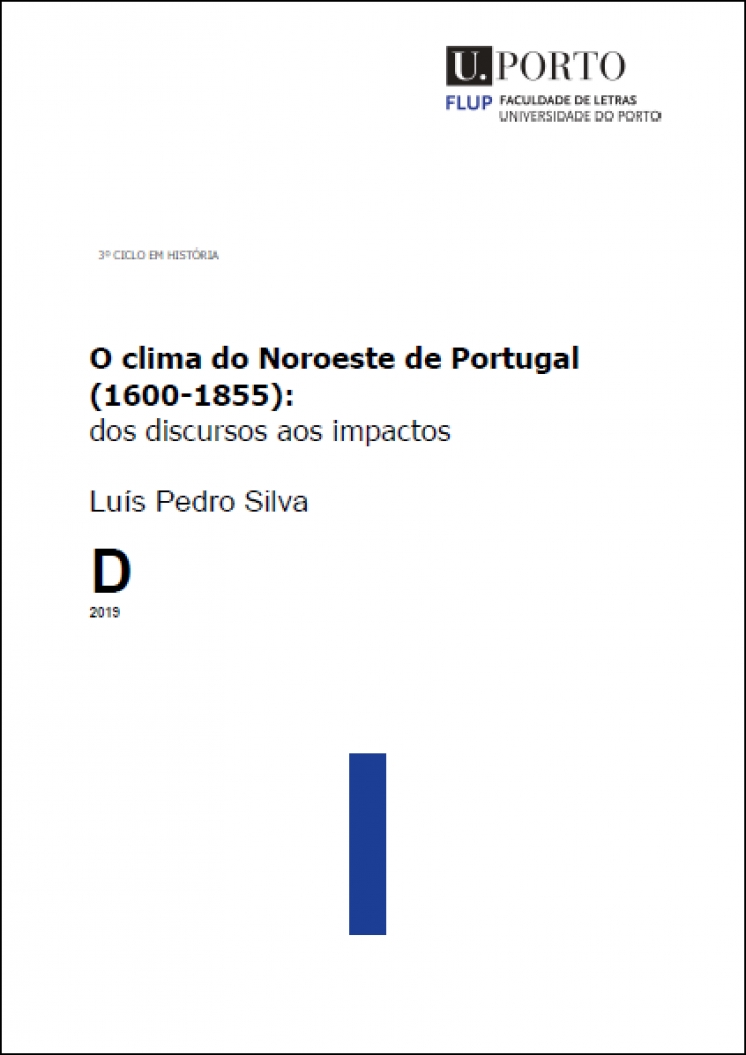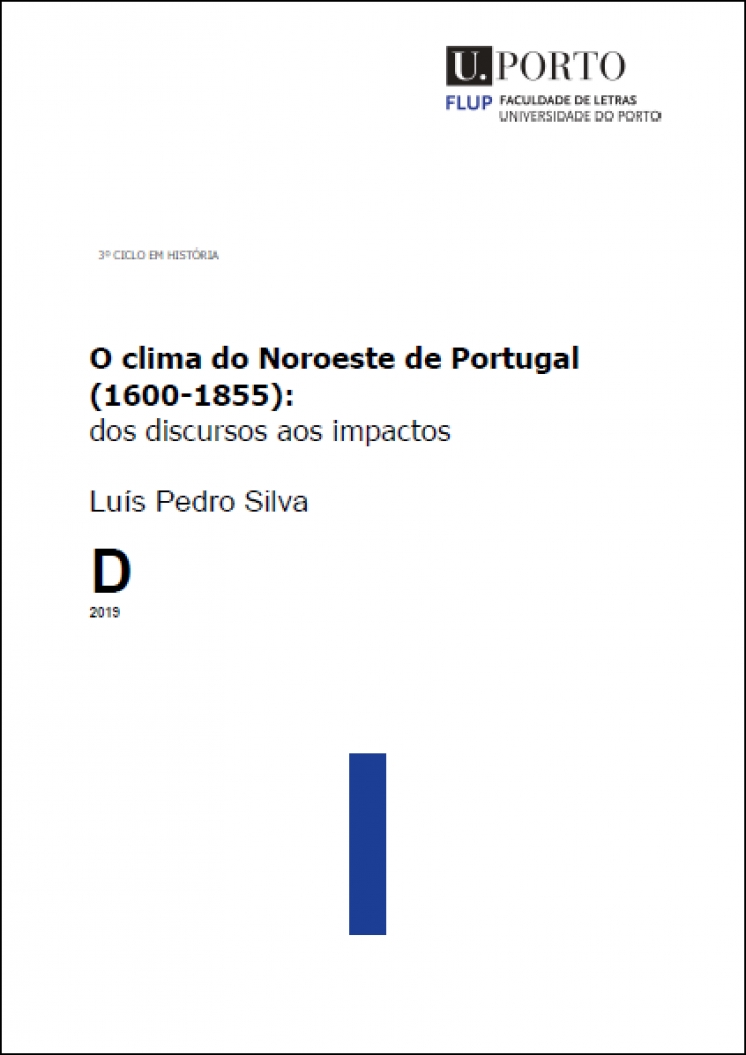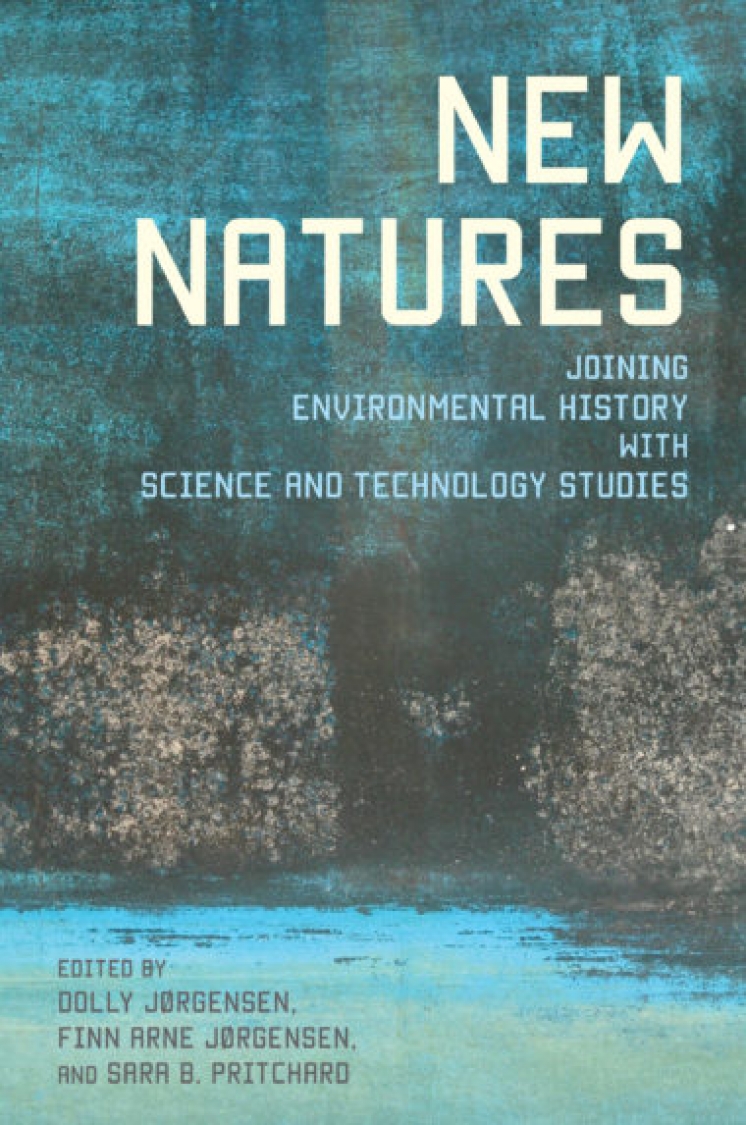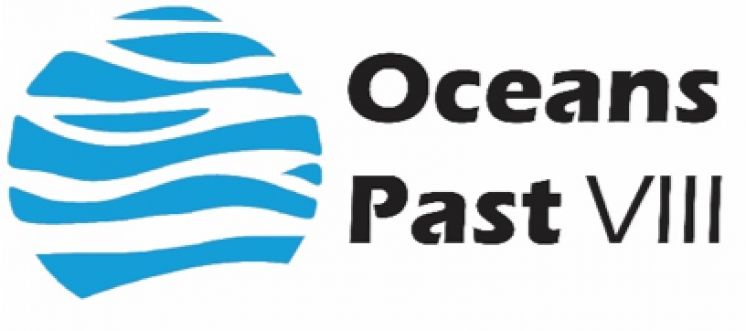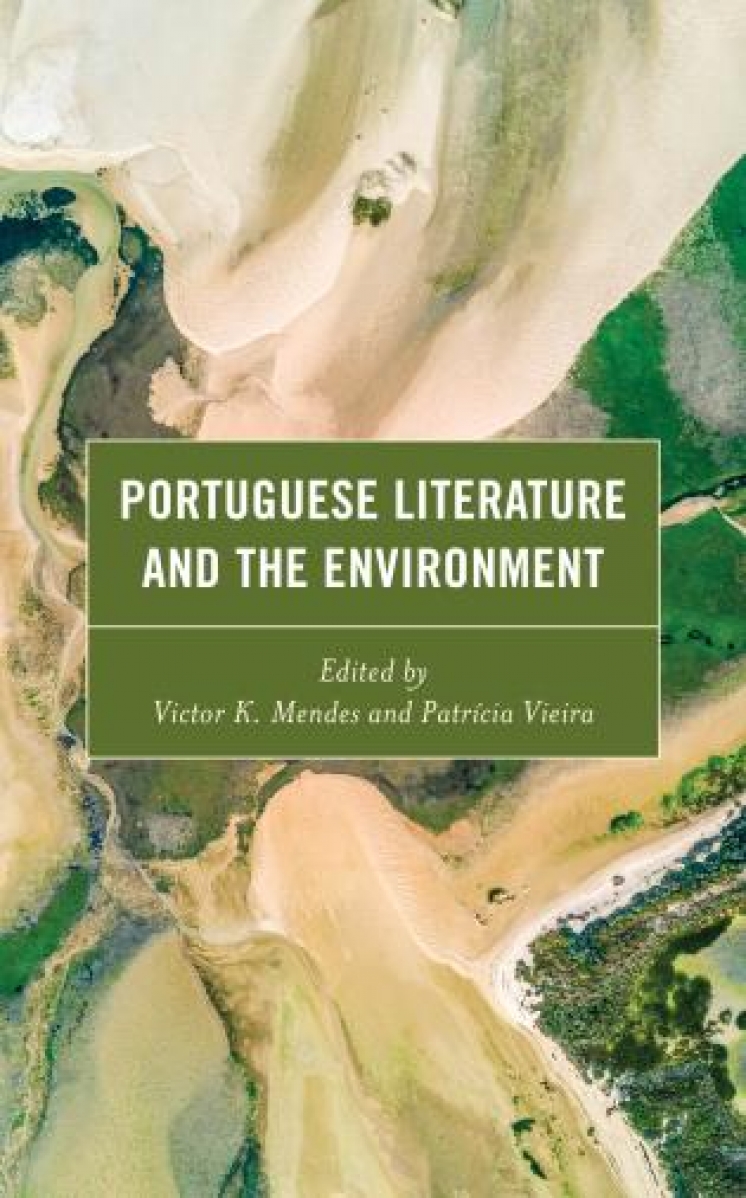"O clima do Noroeste de Portugal (1600-1855): dos discursos aos impactos / The climate of Northwest Portugal (1600-1855): from discourses to impacts", by Luís Pedro Silva (University of Porto, Portugal)
Resumo: O presente trabalho centra-se na análise do clima e dos estados do tempo no Noroeste de Portugal, entre o início do século XVII e meados do século XIX. O tema escolhido decorre de um problema de fundo: em que medida as variações climáticas e os extremos hidrometeorológicos marcaram as condições ecossistémicas e o quadro de vida das populações? A partir do problema enunciado, formulámos três objetivos centrais, a saber: (i) identificar as principais anomalias térmicas e pluviométricas ocorridas no período e no espaço em questão; (ii) avaliar o impacto das perturbações meteorológicas/climáticas em diferentes processos ambientais, económicos, sociais e culturais da região; (iii) explorar as imagens e as representações sociais construídas em torno deste tipo de fenómenos. Para atingir os objetivos propostos, recorremos a um conjunto diversificado de fontes documentais escritas (particulares e institucionais) e a diferentes tipos de informação (qualitativa e quantitativa). A sua compilação, ordenação e análise proporcionou uma quantidade significativa de dados de grande interesse sobre eventos meteorológicos adversos, que submetemos a diferentes soluções metodológicas e convertemos em indicadores do comportamento climático. As conclusões deste trabalho apontam para o reconhecimento de que as variações climáticas e os extremos hidrometeorológicos tiveram um impacto significativo nos sistemas naturais e humanos, interferindo de forma mais ou menos direta nos recursos ambientais, na produção e no preço dos alimentos, no abastecimento de água, nas infraestruturas, na morbilidade e mortalidade e em muitos outros processos.
Abstract: The present work focuses on the analysis of climate and weather conditions in the Northwest of Portugal, between the beginning of the seventeenth century and the mid-nineteenth century. The fundamental problem that we discuss is the following: to what extent has climate variations and hydrometeorological extremes influenced the environmental conditions and the living conditions of populations? Three research objectives emerged from our initial question: (i) identify the main temperature and rainfall anomalies occurred in the period and in the study space; (ii) to assess the impact of meteorological/climatic disturbances on different environmental, economic, social and cultural processes in the region; (iii) explore the images and social representations built around this type of phenomena. To achieve the proposed objectives, we use a diverse set of documentary sources (private and institutional) and different types of information (qualitative and quantitative). Their compilation, ordering and analysis provided a significant amount of data of great interest on adverse meteorological phenomena, that we submitted to different methodological solutions and converted them into indicators of the climatic behavior. The conclusions of this work point to the fact that climate variations and hydrometeorological extremes had a significant impact on natural and human systems, interfering in a more or less direct way in environmental resources, production and price food, water supply, infrastructure, morbidity and mortality, and many other processes.

